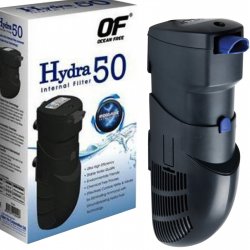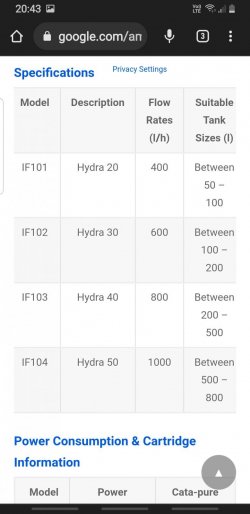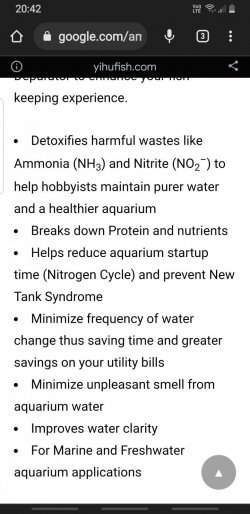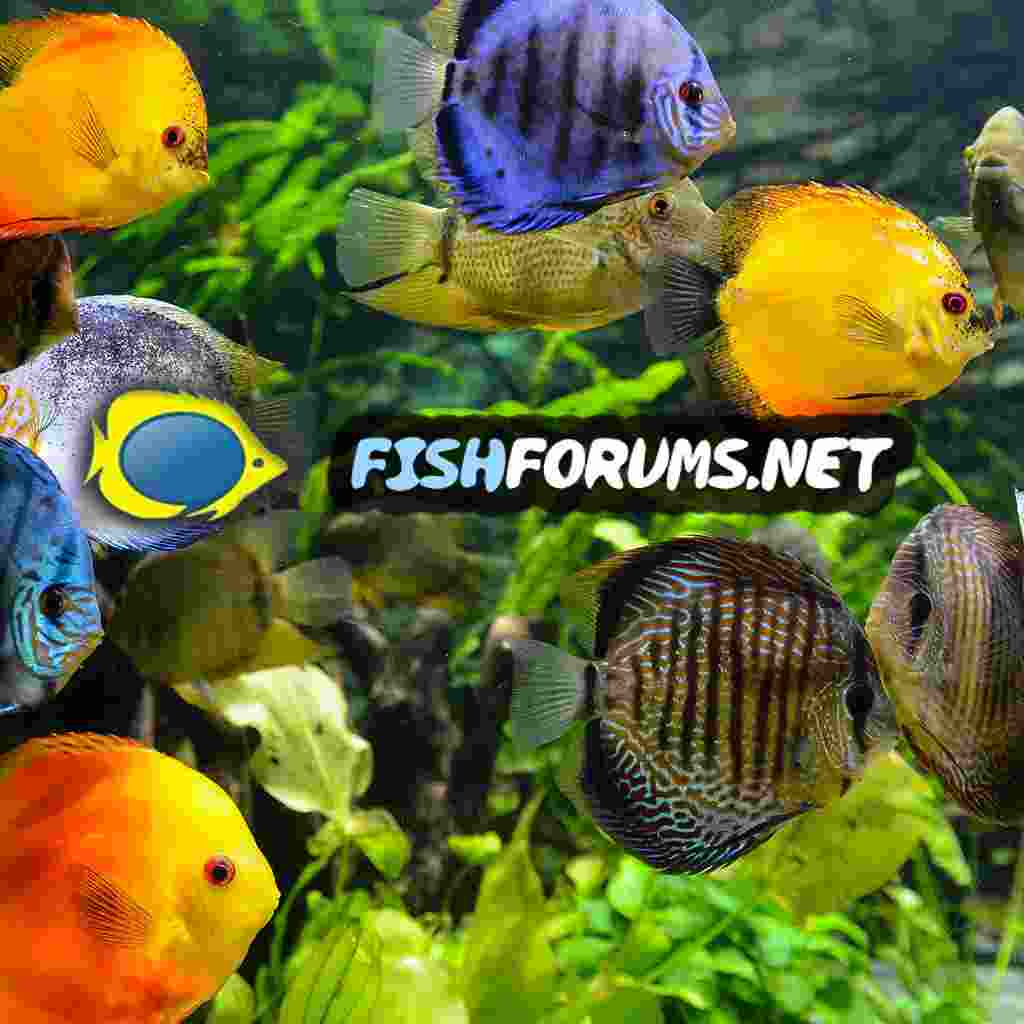ella777
Fish Crazy
How should I clean my filter and when? I used to have a 70l uk filter and I cleaned it fully with tap water. Apparently that's really bad?
I now have a 200l uk tank with a powerful filter for 500l - 800l.
I've only had the tank running for about 2 weeks.
I decided to do a fish in cycle, all of my fish apart from one have survived.
The fish living in my 200l:
Male guppy = 10
Cardinal tetra = 12
Red phantom tetra = 3
Platy = 1
Kuhli loach = 6 (1 adult, 5 babies)
Panda garra = 1
Peacock eel = 1
Shrimp = 2
Snail = hundreds (6 nerites, hundreds of trumpets)
How often should I clean my filter and how?
The man in my lfs uses the filter, he said he hasnt cleaned it for about a year.
I cleaned my last filter every week when I did a water change.
I have a lot of plants in my 200l and I'm using a vacuum more often to get anything off the bottom.
I also have a lot more snails than I did before, meaning less algae and ammonia??
The filter is keeping the water very clear and clean. I'm just not sure how or when I should clean it?
How often should I do a water change? I've got plants and I don't want to disturb them too much.
Sometimes, I vacuum the filter to get any leaves off the side.
I now have a 200l uk tank with a powerful filter for 500l - 800l.
I've only had the tank running for about 2 weeks.
I decided to do a fish in cycle, all of my fish apart from one have survived.
The fish living in my 200l:
Male guppy = 10
Cardinal tetra = 12
Red phantom tetra = 3
Platy = 1
Kuhli loach = 6 (1 adult, 5 babies)
Panda garra = 1
Peacock eel = 1
Shrimp = 2
Snail = hundreds (6 nerites, hundreds of trumpets)
How often should I clean my filter and how?
The man in my lfs uses the filter, he said he hasnt cleaned it for about a year.
I cleaned my last filter every week when I did a water change.
I have a lot of plants in my 200l and I'm using a vacuum more often to get anything off the bottom.
I also have a lot more snails than I did before, meaning less algae and ammonia??
The filter is keeping the water very clear and clean. I'm just not sure how or when I should clean it?
How often should I do a water change? I've got plants and I don't want to disturb them too much.
Sometimes, I vacuum the filter to get any leaves off the side.
Last edited:





